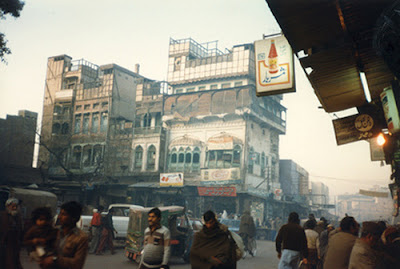The Suleiman Khel have taken part in a number of major revolts in Afghan history. During the 19th century, they rose against a British base in Ghazni in 1841 along with the Andar and Taraki (both Burhan Ghilzai), and in 1855 they and the Sohak (Burhan Ghilzai) are recorded as leading an uprising. In 1924 the Suleiman Khel and the Ali Khel (also Burhan Ghilzai) fought alongside the Mangal tribe in an ultimately unsuccessful revolt against Amir Amanullah Khan. This uprising was prompted by his Western-oriented reforms. Just five years later they spearheaded another revolt against Amanullah, which eventually succeeded in dethroning him; after a brief interlude, Nadir Shah seized the throne.
The Suleiman Khel have had a longstanding rivalry with the Kharoti tribe in which they have historically had the upper hand.Many tribesmen still joined the militant organization Hezb-i Islami Gulbuddin (HIG), however, because despite Gulbuddin Hekmatyar's Kharoti background, because he lacked much of any roots and influence within the tribe.
They have also historically allied with the Hotaki, a Ghilzai tribe of the Turan branch. The Hotaki are one of major elements of the Afghan Taliban, and perhaps not surprisingly, Suleiman Khel tribesmen are heavily involved in the movement, even accounting for most of the recruits in Paktika Province according to its former governor.

















